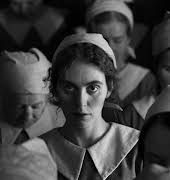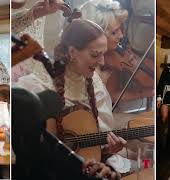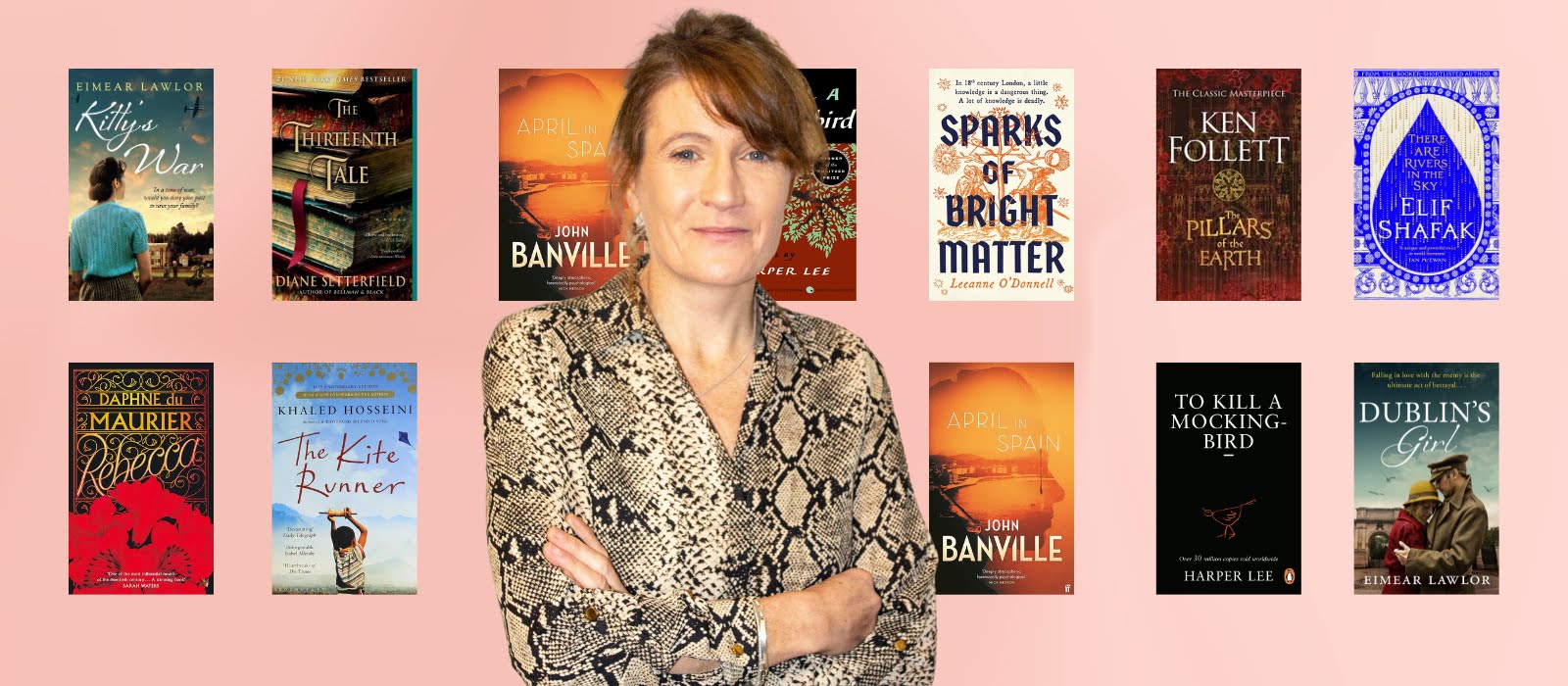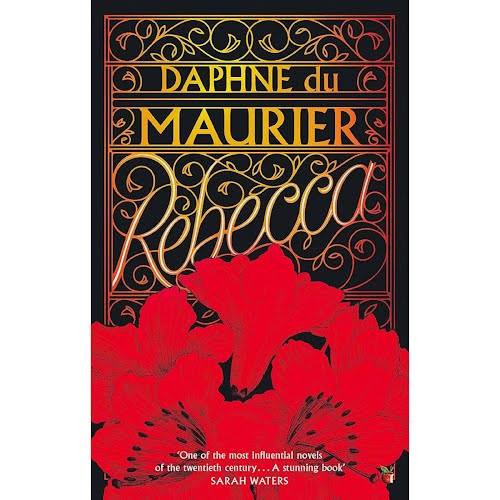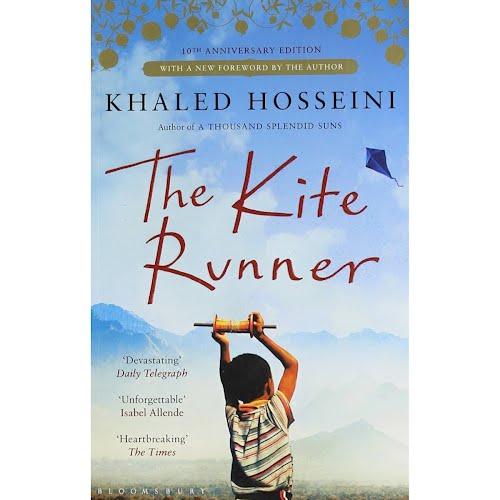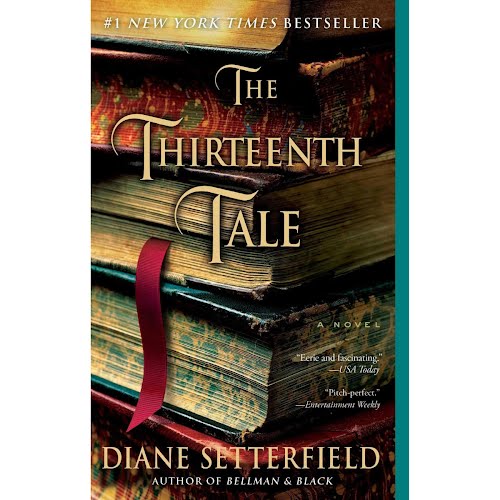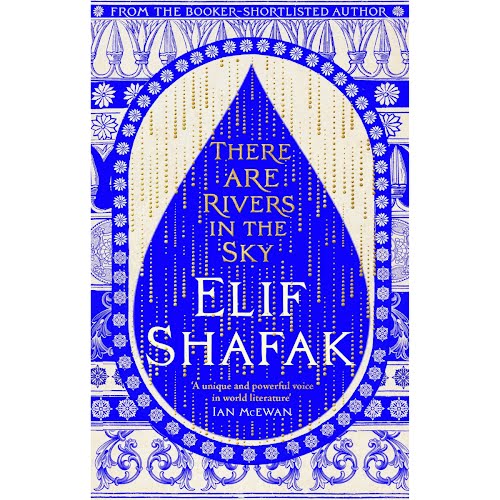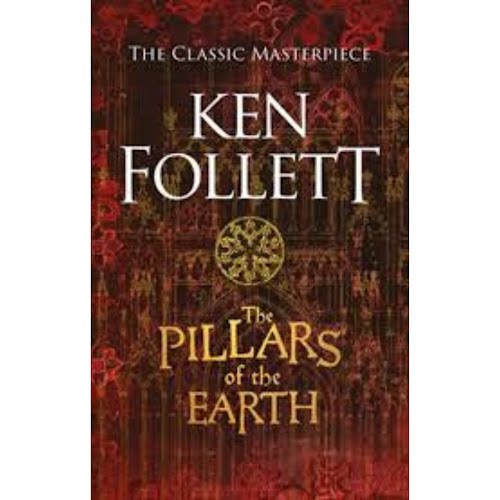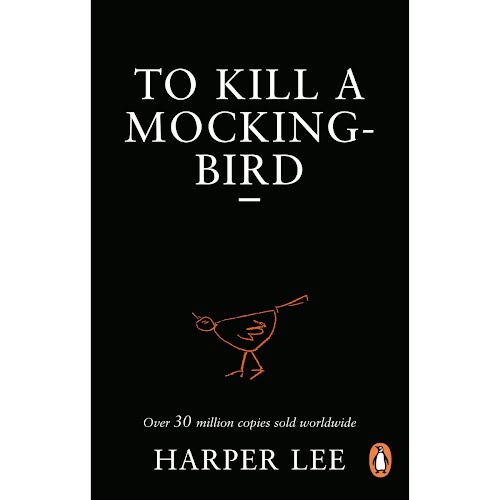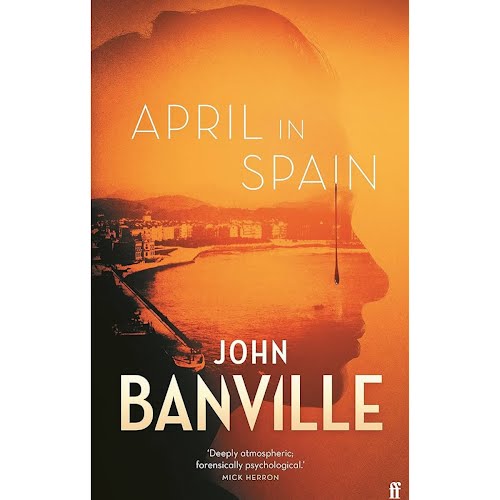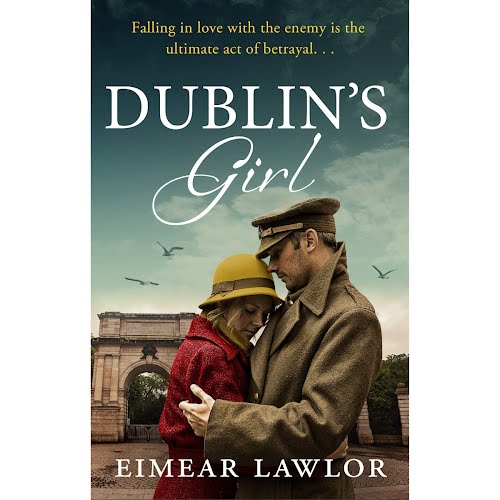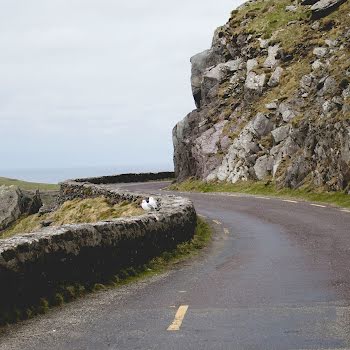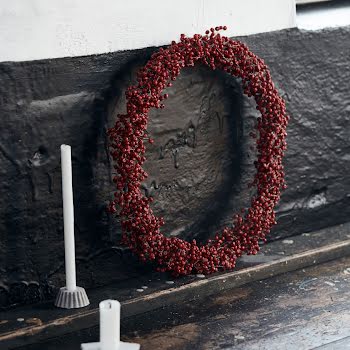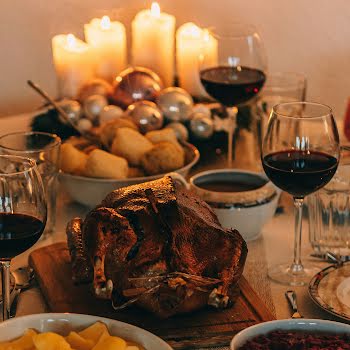Ahead of the publication of her new novel, Kitty’s War, we caught up with Eimear Lawlor to discuss her literary influences, writing process, and the enduring power of resilience.
Eimear Lawlor arrived on the Irish literary scene with the release of Dublin’s Girl in 2021, which became an immediate best-seller and positioned Eimear as an emerging voice to watch in the realm of historical fiction.
Now, she returned with another compelling blend of historical fact and fiction in the form of Kitty’s War. Inspired by a deathbed confession from her father-in-law, a World War II reservist stationed on Spike Island, the novel is set against the backdrop of Ireland’s neutrality during World War II, delving deep into the personal battles faced by those caught in the tide of history.
Here, we meet the woman behind the words and delve into her journey towards becoming an author…

Did you always want to be a writer?
I never imagined I’d become a writer. Growing up in rural Ireland and as the youngest child with a significant age gap between my siblings, who went to boarding school, I found company in books from a very early age.
In the 1970s there was limited television, so reading became my constant companion. Writing for money was never on my radar. At school, my two favourite subjects were English and Biology, so I pursued Biological Science and started my career in that field. I always read more fiction books than science books.
While studying in London, I developed a habit of people-watching on the Tube. I often made little notes in my diary about the people I observed, wondering about their lives and stories, but it never went beyond that.
What inspired you to start writing?
After the birth of my second child, Ciara, I was diagnosed with multiple sclerosis. Following the birth of my third child, I became a full-time mum. Around the time of my fortieth birthday, Ciara encouraged me to do something more with my life than just drinking coffee in town with friends.
In 2014, I enrolled in a creative writing course at Maynooth University. To my surprise, I found the experience exhilarating. I wrote a short story tentatively based on my great aunt, who was involved in the Irish War of Independence, and this developed into the novel Dublin’s Girl.
Unfortunately, Ciara passed away, and I put the novel aside. Grief is a terrible thing, robbing you not only of that person but also a part of yourself. Despite this, I still had two boys and my husband to care for, and I was desperately trying to rebuild my life. One day, I saw on Facebook that an agent from the UK, Kate Nash, was coming to Ireland and looking for authors. I sent her the manuscript, and to my delight, she signed me.
Tell us about your new book, Kitty’s War. Where did the idea come from?
The inspiration for Kitty’s War was something my father-in-law said on his deathbed. He said he had shot at a German because he was trying to steal some food. He had been a reservist on Spike Island during The Emergency in World War Two. In my head, I already had the beginnings of a story, and the end. I was writing about a young woman who has difficult choices to make while overcoming her past. It is strange, but I know the feeling I want to create in a story; it is an emotional arc. I just have to figure out how to craft a story around it.
I researched Spike Island and Germans, and to my surprise, there were some locked up there – but no records of any being shot or injured. I then discovered that during the war, crashed Luftwaffe and RAF pilots were interned in The Curragh Military Camp. In Kitty’s War, the character of Kathleen ‘Kitty’ Flinn is set against the backdrop of Ireland’s neutrality and the secret internment of German soldiers at The Curragh Camp. Kitty navigates love, loss, and survival, complicated by her brother Anthony’s return from the Spanish Civil War and their encounters with a German airman, Markus, as they confront hidden secrets and societal prejudices.

What do you hope this book instils in the reader?
I would like the reader to go on an emotional journey. Through Kitty’s eyes, the reader will experience her struggles, as they show her strength as a woman and the weight of her choices, and the resilience she demonstrates throughout the story.
Ultimately, I want to convey a message of hope, despite the hardships and challenges life throws at us.
What did you learn when writing this book?
I love research, so I enjoyed writing this book. I delved deep into historical research, which enriched my understanding of the era. I also learned a great deal about the intricacies of human relationships and the enduring power of resilience. On a personal level, it reinforced my belief in the therapeutic power of storytelling. Writing certainly helped me with my grief, forcing me to get up in the morning, but everything takes so much longer because grief sends you on a rollercoaster of emotions, from madness to inability to concentrate, but it was extremely helpful that I had to write this book.
Tell us about your writing process?
My writing process is quite unstructured. I usually start with extensive research and outlining the plot. Mornings are my most productive, so I try to tell myself to just write thirty minutes every day, so this is doable. But I always write for longer.
Where do you draw inspiration from?
Inspiration comes from various sources. Story, personal experience, people watching.
What are your top three favourite books of all time, and why?
Rebecca by Daphne du Maurier. Its atmospheric setting and complex characters have always captivated me. The suspense and psychological depth make it a timeless favourite.
The Kite Runner by Khaled Hosseini. The powerful narrative and emotional depth of this book left a lasting impression on me. It’s a poignant exploration of redemption. I have read it twice and on audio. It is narrated by the author.
The Thirteenth Tale by Diane Setterfield. I loved her melodic prose. The story is a revelation of buried secrets and tragic events, beautifully intertwined with themes of identity and family secrets.
Who are some of your favourite authors, Irish or otherwise?
John Banville/Benjamin Black and Colm Tóibín.
Internationally, I’m a fan of Maggie O Farrell and Khaled Hosseini. Also, Elif Sharik for her magical prose. I love learning about different cultures.
What are some upcoming book releases we should have on our radar?
There are Rivers in the Sky by Elif Shafak, which will be published in August.
What book made you want to become a writer?
Ken Follett’s The Pillars of the Earth captivated me with its rich historical backdrop and clean writing. Despite its seemingly mundane subject of cathedral building in the 12th century, Follett’s magical storytelling transported me into the heart of the story. This book became my companion during the nights I spent breastfeeding my eldest.
What’s one book you would add to the school curriculum?
This may be on the curriculum already, but I would add To Kill a Mockingbird by Harper Lee. Its themes of racial injustice, moral growth, and empathy are incredibly important for young readers to understand, and need an open discussion, especially in today’s Ireland. Where there are small undertones of racial prejudice, it is important to be inclusive.
What’s the best book you’ve read so far this year?
April in Spain by John Banville is a gripping addition to the Quirke series, blending mystery with richly descriptive prose. I haven’t read the whole Quirke series, and this could be a stand alone novel. The novel follows Dublin pathologist Quirke as he vacations in San Sebastián, Spain, with his wife Evelyn.
What’s some advice you’ve got for other aspiring writers?
A subject I love. Don’t be afraid. Establish a writing routine. Even if it’s just for a few minutes each day, consistency helps build discipline and improves your writing skills over time. Read widely and often.
Do a creative writing course online or in person to study the craft. Join a writers group or find a trusted friend or mentor to critique your work. Constructive criticism is invaluable for improving your writing.
Stay committed to your craft, and don’t be discouraged by setbacks. ‘One person’s Mozart, is another person’s Metallica.’
I read that J.K. Rowling’s Harry Potter manuscript was rejected 12 times before being accepted.
Lastly, what do the acts of reading and writing mean to you?
Reading and writing are both essential parts of my life. Reading allows me to explore different worlds, perspectives, and ideas. Writing, on the other hand, is my way of processing emotions. It completes me.



